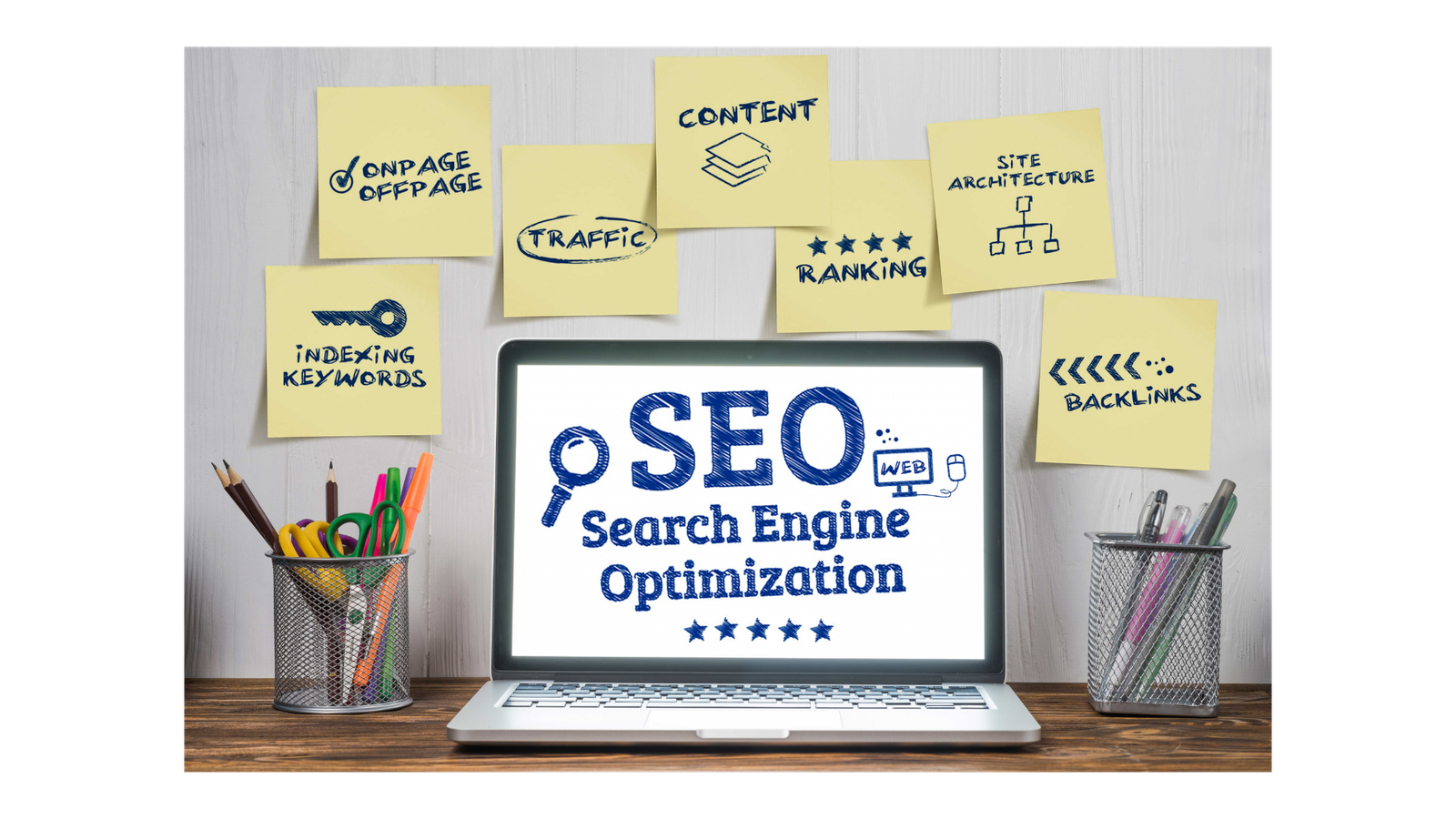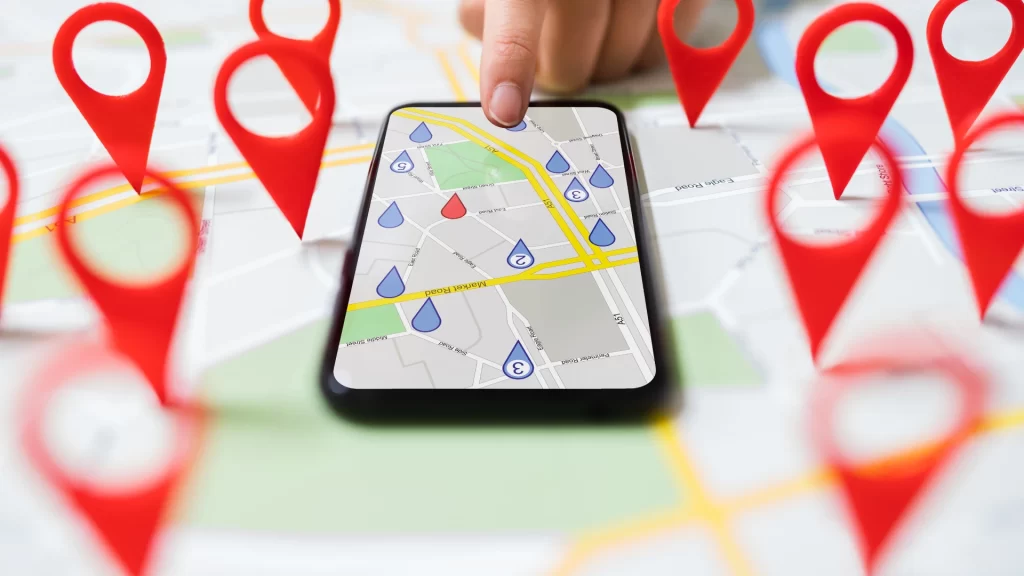If you’re a business owner or marketing manager, chances are you want to ensure your website ranks as high as possible in search engine results.
You may have heard about the potential benefits of blogging for SEO purposes and would like to learn more about how it can be used effectively.
Zircon SEO has created this guide discussing the various ways in which blogging contributes to successful Search Engine Optimization (SEO) tactics. Our team of experts explores scientific data, professional insights, and practical advice for creating blog content that works hard for your website’s visibility and brand recognition.
So keep reading to understand better why blogging is crucial to having an impactful online presence.
What Is Blog SEO?
Blog SEO refers to the practice of optimizing blog content to improve its visibility and ranking in search engine results pages (SERPs).
It involves implementing various strategies, such as keyword research, on-page optimization, link building, and user experience enhancements, to make the blog attractive to search engines and increase organic traffic from relevant searches.
The goal is to make the blog content more discoverable and valuable to search engines and readers.
How Blogging Helps SEO (Search engine optimization)

Blogs Keep Your Website Fresh And Current
Keeping your website fresh and updated is essential for SEO success. If you optimize blog content regularly, it will show search engines that your website is constantly being updated with new content, which helps to keep them interested and encourages better rankings.
Even more, adding regular posts ensures that readers are kept up-to-date with the latest industry news and trends.
Blogs Can Improve Users’ Time On Page
Publishing quality content on a blog can help to improve users’ time spent on your website. If readers are engaged with your written work, they will likely stay longer and read more posts.
Search engines take this into account when determining where your website is ranked – the more time spent on your website, the better.
Blogs Help You Target SEO-Optimized Long-Tail Keywords
Blogs provide a great opportunity to target long-tail keywords, which can be very advantageous for SEO purposes. These are phrases that contain three or more words and are used by users who have specified exactly what they are looking for.
Targeting these keywords with your blog posts can help you to increase the visibility of your website on Google search engine and other search engines.
A Blog Gives You Opportunities For Internal Linking
One great SEO strategy is linking between different pages on your website. This helps search engines find and index different parts of your website and increase the number of indexed pages that are crawled.
Blogs provide a great opportunity to link between posts, which can help improve your website’s overall ranking in search results.
A Quality Blog Gives Other Sites More Reasons To Link Back To Your Site
When you consistently produce high-quality blog content, you increase the chances of other websites and influencers linking back to your posts as a valuable resource.
Backlinks from reputable web pages are crucial for SEO, as they signal authority and credibility to search engines, ultimately leading to improved rankings and organic search.
A Blog Helps You Connect With Your Audience
Blogging allows you to establish a connection with your audience by providing valuable information, insights, and solutions to their problems or interests. Engaging with your readers through comments, discussions, and social media can foster a sense of community and trust.
A loyal and engaged audience is more likely to share your content, amplify your reach, and boost your SEO efforts.
SEO Blog Post Checklist

Identify Your Audience
Before creating a blog post, understand your target audience’s demographics, preferences, and interests. This helps tailor your content to their needs and increases the chances of engagement and conversions.
Keyword Research Is Key
Conduct thorough keyword research to identify relevant and high-performing keywords. Incorporate these keywords naturally throughout your blog post, including in the title, headings, and body. This optimization helps search engines understand the topic and improves your chances of ranking higher in search results.
Adding Visuals
Enhance your blog posts with visuals such as images, infographics, or videos. Visual content not only makes your blog more appealing and engaging to readers but also helps with SEO. Optimize images by using descriptive filenames, alt text, and appropriate image sizes to improve load times and accessibility.
Catchy Blog Article Title Tag Matters
Craft a compelling and relevant title tag for your blog article. It should accurately reflect the content, include target keywords, and entice readers to click.
A well-optimized title tag increases the visibility of the blog post in Google search results and encourages click-throughs.
Meta Description Tag
Write an informative and captivating meta description tag summarizing your blog post’s content. While meta descriptions do not directly impact rankings, they influence click-through rates.
Incorporate relevant keywords and entice readers to click on your link by highlighting the value or benefits they can gain from reading your post.
Keep It Mobile Friendly
Ensure your blog post is optimized for mobile devices. With most internet users accessing content on mobile devices, a mobile-friendly blog post is essential for a positive user experience.
Responsive design, fast loading times, and legible text improve user engagement and SEO performance.
Don’t Forget To Link
Incorporate both internal and external links in your blog post. Internal links connect your blog post to other relevant pages on your website, aiding navigation and distributing link equity.
External links to authoritative sources provide additional context and credibility to your content. Well-placed links contribute to a more comprehensive and SEO-friendly blog post.
Factors That Affect Blog SEO

Dwell Time
The time users spend on your blog post indicates its relevancy and engagement, influencing search engine rankings. A longer dwell time signals to search engines that your content is valuable, leading to improved SEO rankings.
Page Speed
Faster loading times improve user experience and satisfaction, leading to higher rankings and reduced bounce rates. Websites with faster load times tend to have lower bounce rates and higher rankings in search results.
Mobile Responsiveness
With most internet users accessing content on mobile devices, ensuring your blog is mobile-friendly is crucial for SEO and user experience. Mobile-friendly designs make your blog accessible and user-friendly on various screen sizes, positively impacting SEO and user experience.
Index Date
The frequency search engines crawl and index your blog post affects its visibility and freshness in search results. More recently indexed blog posts are more likely to appear in search results and receive better visibility.
Recent Data
Search engines prioritize fresh and up-to-date content. Adding new information, updating statistics, or refreshing your blog post with recent data signals to search engines that the content is relevant, increasing its chances of ranking higher in search results.
Additional SEO Blog Tips

Use 1–2 long-tail keywords (Avoid keyword stuffing).
Create SEO personas.
Consider mobile devices.
Make the most of the SEO tools and features in your CMS.
Focus on readability.
Limit topic tags.
Create user-friendly URLs.
Organize by topic cluster.
Conclusion

Zircon SEO company can help you maximize the potential of your website with our vast array of SEO services. We’ve been helping businesses improve their search engine visibility and have mastered every aspect of SEO during that time.
By using our extensive knowledge and experience to deliver exceptional results, we can give you the head start you need when it comes to ranking at the top spot in search engine results.
Most important, if you want to get an even better understanding of how blogging helps with SEO and other tactics to help boost your rankings, contact us for help. With consistent, reliable support from Zircon SEO, you can make a difference and improve your business’s online presence simultaneously.
FAQs
What Is The Relationship Between Blogging And SEO?
Blogging and SEO have a strong relationship. Blogging allows you to create fresh, relevant, and valuable content that search engines love. By consistently publishing high-quality blog posts targeting relevant keywords, you can attract search engine attention, increase your website's visibility, and improve your overall SEO performance. Blogs provide an opportunity to optimize content and incorporate elements that search engines prioritize.
How Does Blogging Contribute To Improving Search Engine Rankings?
First, it allows you to create keyword-rich content that aligns with user search queries, increasing the chances of your website appearing in relevant search results. Regularly publishing fresh content signals to search engines that your website is active and up-to-date, improving its crawling and indexing frequency. Engaging blog posts also tend to attract more backlinks and social shares, boosting your website's authority and search rankings.
Can Blogging Help Drive More Traffic To A Website?
Absolutely! Blogging is a powerful tool for driving organic traffic to your website. Publishing informative and optimized blog posts targeting relevant keywords increases the chances of your content appearing in search results. This attracts organic traffic from users seeking information or solutions related to your blog's topic. The more valuable and engaging your blog posts are, the more likely visitors are to explore other areas of your website.
What Are The Key Elements Of A Blog Post That Enhance SEO?
Key elements of a blog post that enhance SEO include keyword optimization, high-quality content, proper formatting with headings and bullet points, internal and external linking, metadata optimization, readability, user experience, and social sharing and engagement. These elements help search engines understand the content, improve visibility in search results, attract organic traffic, and enhance the overall user experience, leading to better SEO performance.

